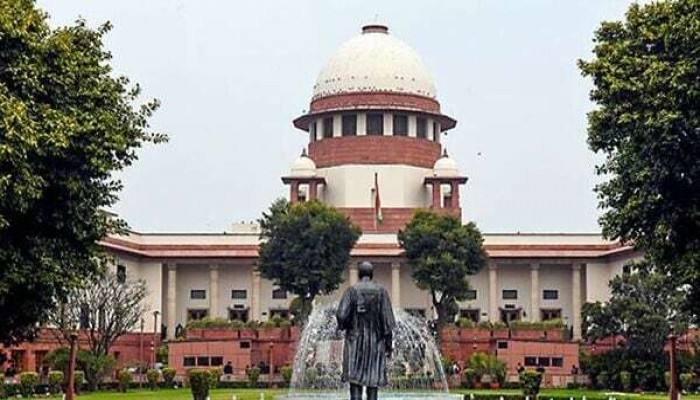Supreme Court allows sub-classification in SC, ST for reservation
- In Reports
- 05:50 PM, Aug 01, 2024
- Myind Staff
Today, a seven-judge Supreme Court Constitution bench approved subclassification within the Scheduled Caste and Scheduled Tribe categories to provide the more marginalised members of backward communities’ reservation in employment and education.
Justice Bela Trivedi dissented from the historic decision, which was approved by the bench headed by Chief Justice of India DY Chandrachud by a vote of 6 to 1. There were six distinct rulings written.
The ruling overturns the 2004 ruling in EV Chinnaiah v. State of Andhra Pradesh by a five-judge Constitution bench. Judges BR Gavai, Vikram Nath, Pankaj Mithal, Manoj Misra, and Satish Chandra Mishra were the five judges sitting on the bench.
The Centre informed the court during the hearing that it supported subclassification under the Scheduled Caste and Scheduled Tribe categories. The Chief Justice had noted that "sub-classification" and "sub-categorisation" were two different things, and he had held that in order to guarantee that benefits reach more disadvantaged people, states could need to subclassify communities that fall under restricted categories.
"There are six opinions. Mine is for Justice Manoj Misra and me. A majority of us have overruled EV Chinnaiah (verdict) and we hold that sub-classification is permitted. Justice Bela Trivedi has dissented," he stated this morning.
"The members of SC/ST categories are not often unable to climb up the ladder due to the systemic discrimination they face. Article 14 permits sub-classification of caste," the Chief Justice said, adding, "Historical and empirical evidence demonstrates that the Scheduled Castes are a socially heterogenous class."
According to Justice BR Gavai, "I have referred to a speech of Dr BR Ambedkar in 1949 where he said that unless we have social democracy there is no use of political democracy. Hardships and backwardness suffered by some of the Scheduled Castes are different for each caste. EV Chinnaiah was wrongly decided. It was argued that a party can give reservation to a sub-caste to gain political mileage, but I do not agree with this. The ultimate objective would be to realise real equality," he said.
Within her dissenting opinion to the majority ruling, Justice Trivedi expressed her disapproval of the way a three-judge bench forwarded the case to a bigger court without providing an explanation. "The three-judge bench passed a cryptic and perfunctory order without assigning any reasons. Doctrine of precedents is the core value of our legal system. In the instant case, the reference was made to reconsider EV Chinnaiah without any reasons and that too after 15 years of the judgment. The very reference was itself wrong."
The court stated that any subcategorization within underdeveloped communities must be shown via empirical evidence demonstrating a lack of adequate representation.
Image source: HT Print







Comments